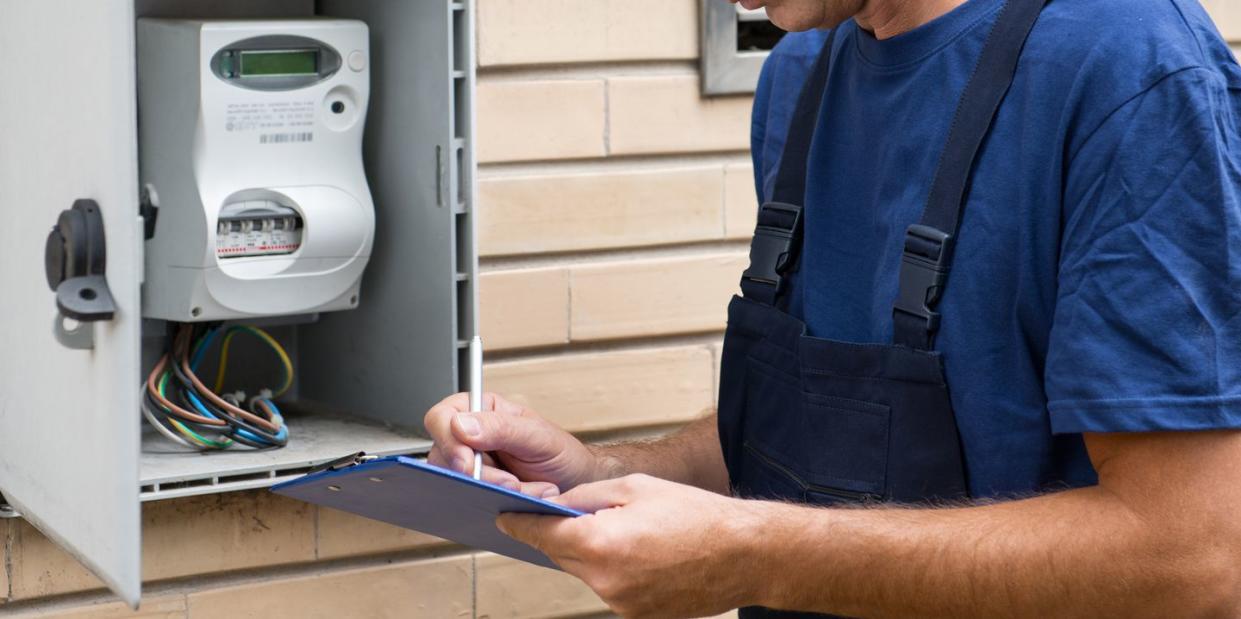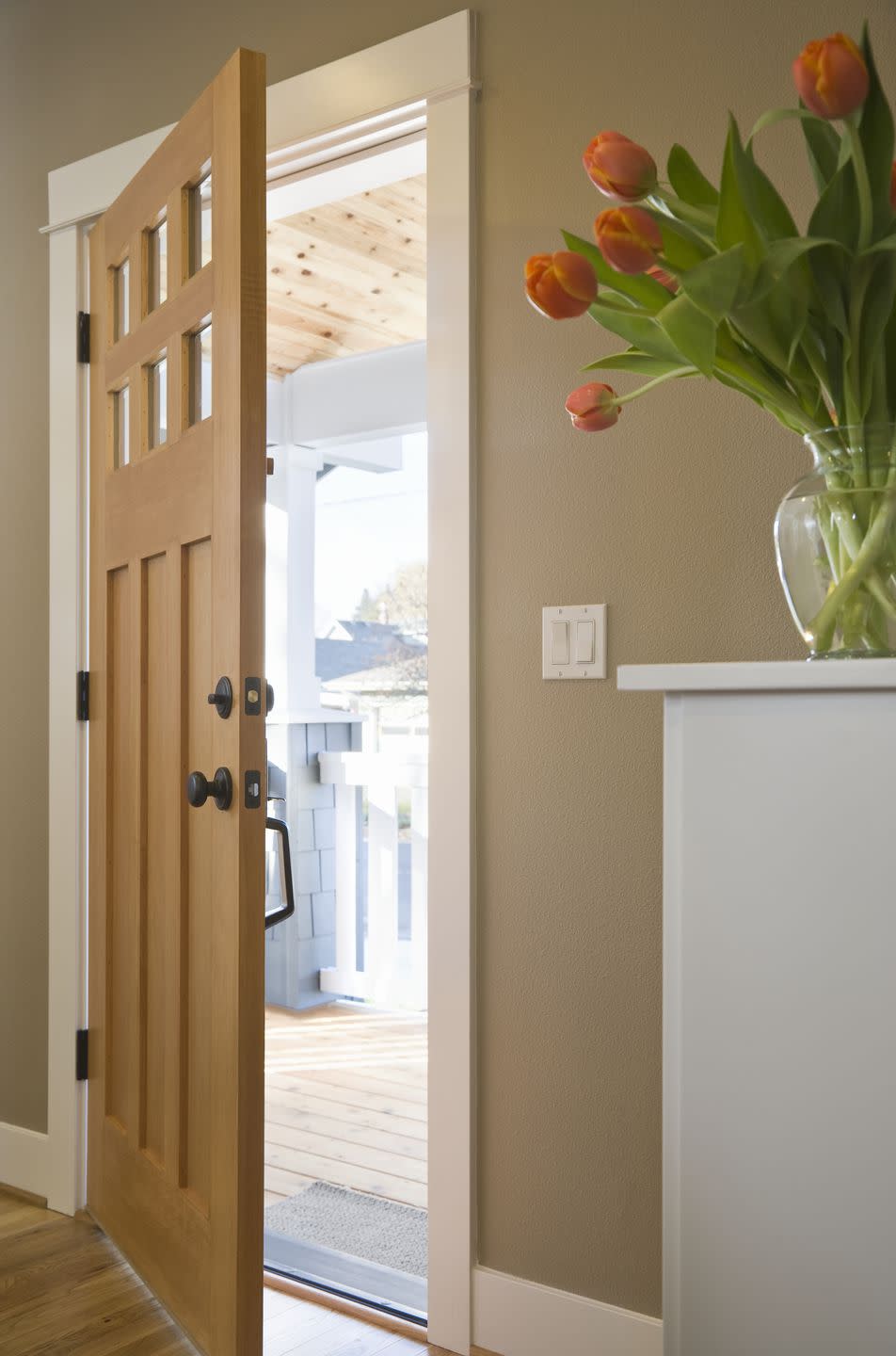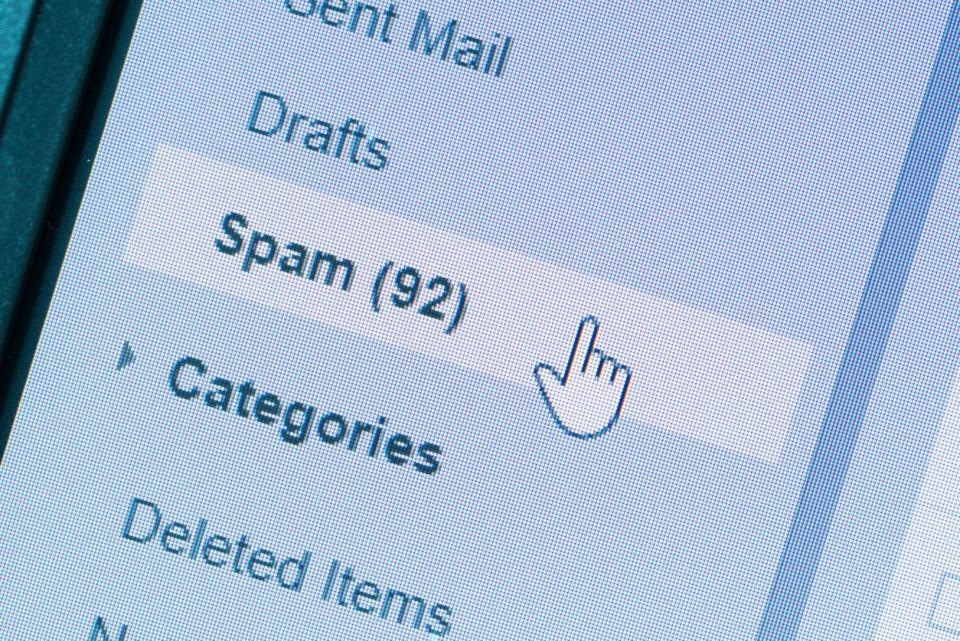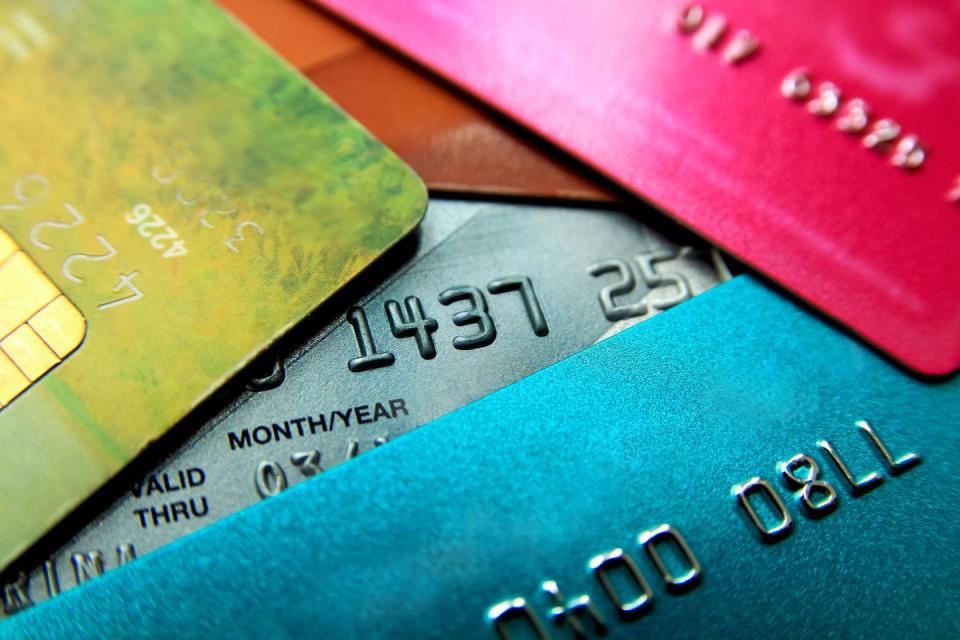Scary Utility Scams Are Spreading Across the Country

Criminals posing as utility company employees have developed new, increasingly aggressive scams designed to trick consumers out of money or personal information - and with the holidays coming up, experts believe the threats will only continue to increase.
Law enforcement, utility companies, and consumer protection agencies have issued warnings in states as widespread as Connecticut, Hawaii, New York, North Carolina, West Virginia, and Wisconsin about new tactics that have fooled thousands of people across the country.
"These scammers take tens of thousands of dollars a year from our customers by sounding sincere while they lie," Jim Duggan of Con Edison said in a statement. "We want our customers to be able to recognize signs that someone is a professional criminal trying to steal from them."
The coordinated awareness campaign is part of Utility Scam Awareness Week, put on by the consortium Utilities United Against Scams (UUAS). "I wish, after three years of this fight, we can say that we have dried up the ill-gotten profits of these scammers," UUAS founder Jared Lawrence told WSOC. "Unfortunately, they're just as aggressive as ever."
Here's what you need to watch out for in order to keep yourself and your money safe:
Over the Phone

Calls demanding immediate, large payments to avoid service shut-off - especially in the form of a prepaid card - often signal a scam. Real companies would issue several disconnection warnings beforehand and they would never demand money over the phone or specify a method of payment.
Don't let the caller ID fool you either. Criminals now use a tactic called "spoofing" to imitate legitimate companies. The UUAS has helped shut down more than 2,000 toll-free numbers used by imposters in the past few years and noticed a rise in texts requesting personal information as well.
WHAT TO DO: Hang up and call the phone number on your utility bill if you have questions. Never provide payment or personal info to a caller you don't know.
In-Person

Stay suspicious of any person that shows up outside of a scheduled appointment. Some popular scams include:
Offers to restore power quickly after a large storm in return for payment or a "reconnection fee"
Demands for a separate payment to replace or install a meter
Requests to inspect equipment or conduct an audit in order to gain access to your home
WHAT TO DO: Ask to see company photo ID and call your utility company to verify their information before letting them in. Call 911 if you believe you're in personal danger.
By Email

Thieves can send out spam with similar requests or demands that imitates your utilities' logos and color schemes. Never click on suspicious links or attachments. Don't forward or respond to fishy emails either.
WHAT TO DO: Check the sender's email address against past messages from your utility company. Look for websites that start with "https://" as the "s" stands for secure. Keep your software updated and use an antivirus program.
Through Unsecure Forms of Payment

Scammers frequently demand money in the form of prepaid debit cards, gift cards, or wire transfers to a phony account routing number. Con Edison in New York has also warned customers about threats demanding money in the form of the untraceable electronic currency Bitcoin.
Conversely, criminals may also call to say you overpaid a bill and they need financial information like a bank account or credit card number in order to issue a refund. Legitimate companies would credit overpayments against your account or mail a check.
WHAT TO DO: Make sure the company offers a variety of ways to pay a bill. Contact law enforcement and your utility company if you believe you've fallen victim to a scam.
('You Might Also Like',)

